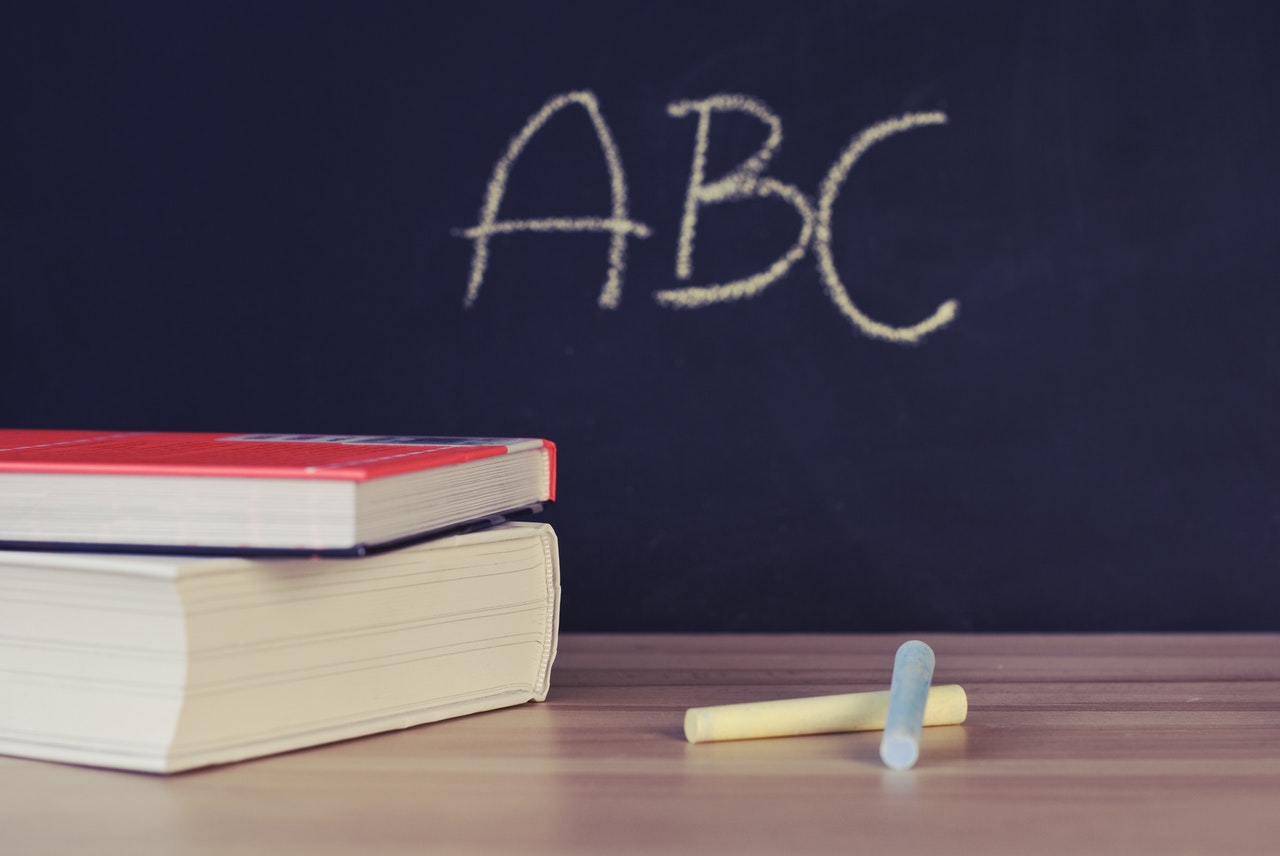Phonological Awareness: Everything You Need to Know

Possessing sensitivity, such that one is able to detect sounds present in a word. Phonological awareness is oral and auditory, and the focus remains on the sounds in words. It encompasses a continuum of skills that are critical for reading and spelling success. Phonological awareness is particularly important in pre-school, kindergarten, and first grade for students. Explicit teaching of phonological awareness in these years can eliminate future reading issues for many children. However, struggling decoders can work on it regardless of their age, especially if they exhibit problems in blending/segmenting phonemes.
The building blocks necessary to build phonological awareness include attention and concentration, adequate hearing, middle ear functioning, auditory processing, understanding of simple concepts, articulation, and working memory.
Kids develop phonological awareness skills in a particular sequence which is as follows:
· Hearing rhymes and alliteration
· Hearing words in a spoken language
· Hearing syllables in spoken words and being able to identify them
· Hearing sounds at the starting of words and being able to create words that start with certain sounds
· Recognizing and identifying rhyming words and being able to create rhyming words
· Having the ability to hear individual sounds in a word
· Being able to combine individual sounds together to produce a word
· Being able to separate sounds in words
· Being able to delete, substitute, and manipulate sounds in words
Most children don’t need to learn phonological awareness explicitly. They pick it up through their exposure to a rich language environment. However, some children need explicit instruction and practice to acquire the skills.
The rates at which children develop phonological awareness skills differ. Still, some indicators may mean children are struggling and need more support. These include:
· Difficulty in pronouncing words correctly
· Difficulty in decoding unfamiliar words
· Reading in a slow, disfluent or labored manner when reading age-appropriate stories or paragraphs
· Difficulty in spelling and writing words
· Difficulty in learning and accessing the school curriculum
· Lacking motivation to take part in reading and writing activities
· Demonstrating low self-esteem associated with academic difficulties
There’re many ways to help children develop phonological awareness without it feeling like ‘work.’ For instance, parents can make language play a part of daily activities. Reading rhyming books and asking children to suggest words that rhyme or that begin with the same sound are also two effective ideas to help children build phonological awareness.






